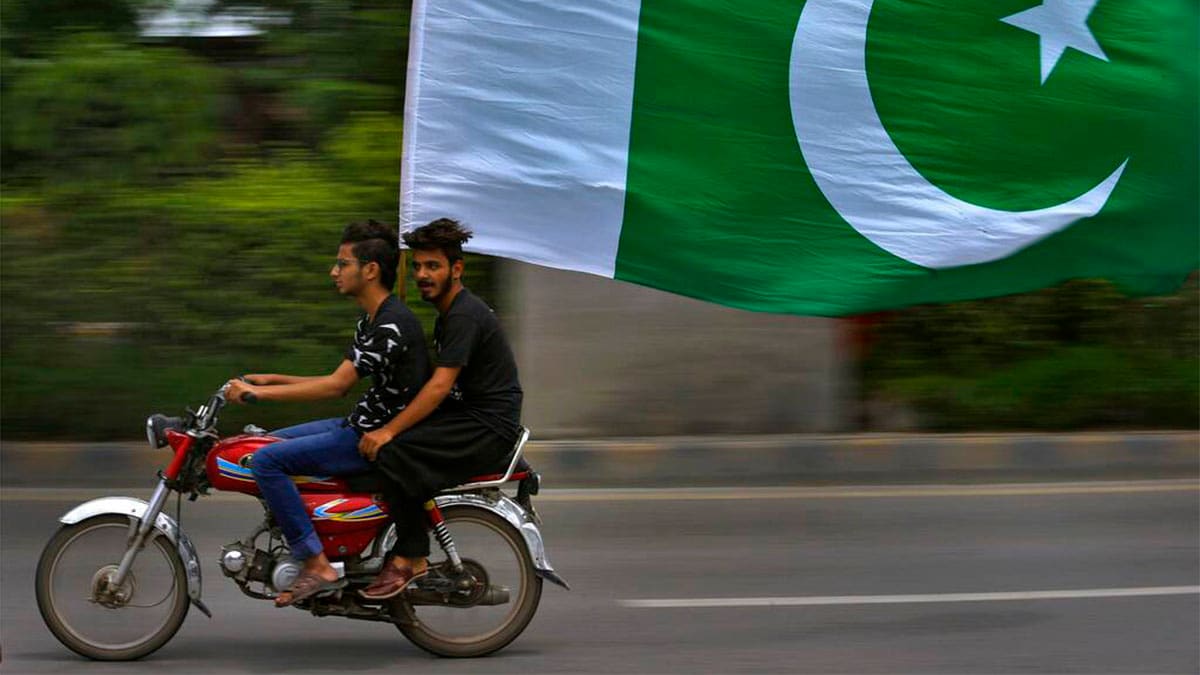Critics warn the World Bank may be repeating the IMF’s errors by offering large-scale financial support without enforcing meaningful, long-term reformsread more
The World Bank has unveiled a $40 billion long-term financial support package for Pakistan under its new Country Partnership Framework (CPF), extending its planning horizon from five to 10 years (2026–2035). This marks a significant deepening of engagement with a country persistently troubled by economic instability and chronic governance failures.
Official documents say that the CPF aims to bolster public services, attract private investment, and support sectors such as education, healthcare, clean energy, and climate resilience. The first phase will channel $20 billion in public sector loans, while the International Finance Corporation (IFC) will mobilise the remaining $20 billion to spur private sector participation.
While the CPF aligns with Pakistan’s declared development priorities, serious concerns persist regarding the country’s inefficient and inequitable tax system—a challenge the World Bank itself has acknowledged, calling for urgent reforms to ensure fiscal sustainability and responsible use of foreign assistance.
But Pakistan has a dubious record: Terrorism, misuse of Funds, and international warnings
Critics warn the World Bank may be repeating the IMF’s errors by offering large-scale financial support without enforcing meaningful, long-term reforms. The IMF recently released $1 billion to Pakistan despite strong objections from India and others, who cited Pakistan’s history of misusing funds and sheltering extremist elements.
India has consistently accused Pakistan of diverting international loans and grants to sponsor terrorism, particularly across the border into India, and has highlighted Pakistan’s repeated failure to honour its commitments to curb terror financing.
India’s Defence Minister Rajnath Singh publicly urged the IMF and other global lenders to reconsider their support, warning that such funds risk being siphoned off to finance terrorist infrastructure. Following these protests, the IMF imposed 11 stringent conditions on Pakistan, demanding reforms in governance, fiscal discipline, and transparency.
Pakistan’s high-risk profile for money laundering and terror financing has been flagged by the Financial Action Task Force (FATF), which placed the country on its ‘grey list’ due to “strategic deficiencies” in its anti-money laundering and counter-terror financing regimes.
Pakistan remains a key conduit for the funding and sheltering of terrorist groups, with porous borders and weak regulatory oversight facilitating crimes such as smuggling, drug trafficking, and extortion—all of which help finance terrorism.
Siphoning of international aid
There is a well-documented history of Pakistan diverting international aid, including IMF and World Bank loans, to fund military and extremist activities. Reports indicate that arms imports and terror financing activities have increased in years when Pakistan received large-scale international assistance.
Pakistan’s Inter-Services Intelligence (ISI) and military have been repeatedly implicated in channelling funds—often sourced from international loans—towards terror groups operating in the region.
The risk for the World Bank
Without robust accountability measures and strict conditionality, the World Bank risks seeing its CPF funds absorbed into the same cycle of mismanagement and extremism sponsorship that has plagued previous IMF bailouts.
Pakistan observers warn that with absent structural reforms and effective monitoring, international funds may once again fail to yield genuine progress for the Pakistani people, instead perpetuating instability in the region.
The World Bank’s new economy-booster move risks repeating the IMF’s mistakes by providing substantial financial support to Pakistan without adequate safeguards, despite the country’s well-documented record of sheltering, sponsoring, and protecting terrorism—often by misappropriating international loans and grants intended for development.
